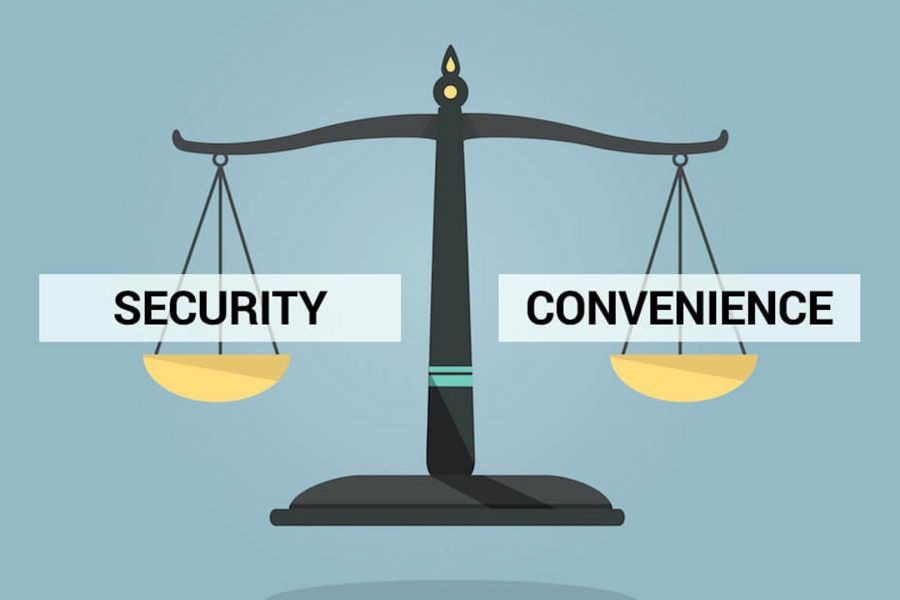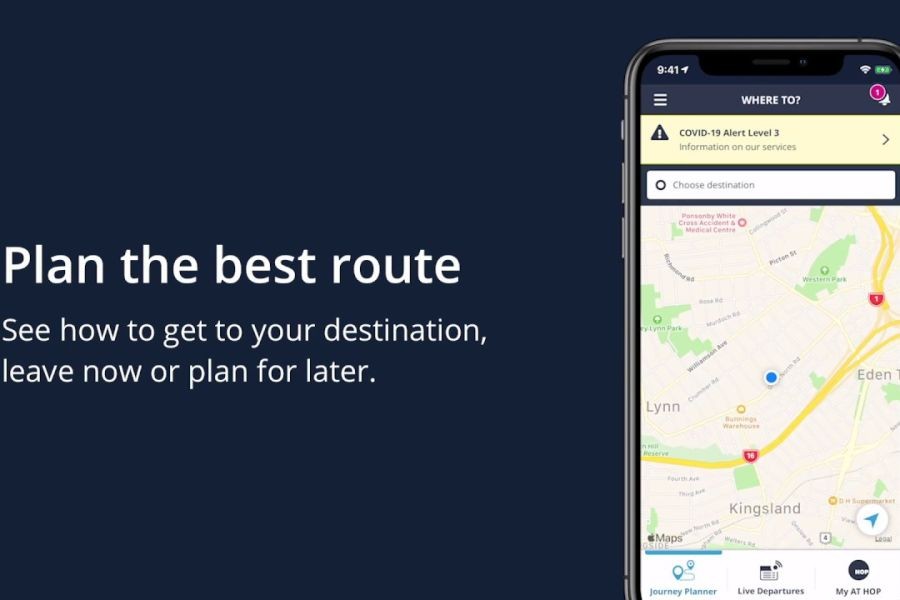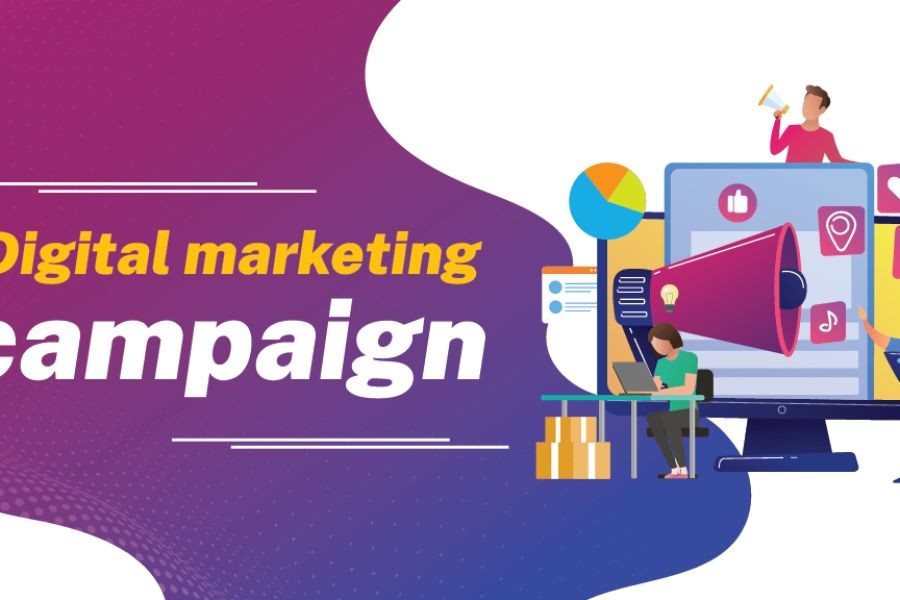In the evolving landscape of digital advertising, the impending shift towards a cookie-less future has emerged as a significant concern for marketers worldwide. Particularly in New Zealand, where digital marketing strategies are heavily reliant on third-party cookies, this transition presents both challenges and opportunities. As the global digital advertising ecosystem undergoes a seismic shift, understanding how to navigate this new environment is crucial for Kiwi businesses aiming to maintain their competitive edge.
Understanding the Cookie-Less Transition
Cookies have long been integral to how advertisers track user behavior, tailor ads, and measure campaign effectiveness. However, increasing privacy concerns and regulatory changes, such as those seen with the European Union's GDPR, have accelerated the move towards privacy-centric solutions. New Zealand is not immune to these global trends, with local businesses needing to adapt to the changes dictated by international tech giants like Google and Apple, who are leading the charge by phasing out third-party cookies.
Case Study: New Zealand Media Company Adapts to Change
A prominent New Zealand media company recently navigated the cookie-less transition by investing in first-party data solutions. This strategic pivot allowed them to leverage customer information directly obtained through subscriptions and user engagement. As a result, they reported a 35% increase in targeted ad revenue within a year, showcasing the potential of first-party data as a viable alternative.
Data-Driven Insights from New Zealand
According to a report from Stats NZ, digital advertising expenditure in New Zealand reached over NZD 1.5 billion in 2023, highlighting the sector's growth and significance. With such investments at stake, understanding consumer behavior through alternative methods is imperative. The Reserve Bank of New Zealand also notes that the digital economy contributes significantly to the country's GDP, further emphasizing the importance of adapting to these changes.
Pros and Cons of a Cookie-Less Future
- Pros:
- Enhanced Privacy: Consumers enjoy increased privacy and control over their data.
- First-Party Data Utilization: Encourages businesses to build direct relationships with their customers.
- Compliance: Aligns with global privacy regulations, reducing the risk of legal issues.
- Cons:
- Data Collection Challenges: Businesses may struggle to gather the same level of consumer insights.
- Cost Implications: Transitioning to new data collection methods can be costly.
- Technological Barriers: Smaller businesses may lack the resources to invest in necessary technology.
Debunking Common Myths
Myth: "Without cookies, digital advertising will be ineffective." Reality: While cookies have been a staple, alternative strategies such as contextual advertising can achieve similar, if not better, results by aligning ads with relevant content.
Myth: "First-party data isn't as valuable as third-party data." Reality: First-party data is often more reliable and accurate, as it is collected directly from consumer interactions with a brand.
Strategies for New Zealand Businesses
To navigate this transition effectively, New Zealand businesses should consider the following strategies:
- Invest in First-Party Data: Building robust first-party data capabilities is crucial. This involves enhancing customer relationship management (CRM) systems and leveraging direct consumer interactions.
- Utilize Contextual Advertising: This technique allows advertisers to serve ads based on the context of content being consumed, offering a privacy-compliant alternative to cookies.
- Embrace Privacy-First Technologies: Tools such as Federated Learning of Cohorts (FLoC) offer new opportunities to target audiences while respecting user privacy.
Future Trends and Predictions
Looking ahead, the digital advertising landscape will continue to evolve. By 2026, it is predicted that over 70% of New Zealand's digital advertising strategies will focus on privacy-first solutions. This shift will likely drive innovation in data management and analytics, empowering businesses to engage consumers more ethically and effectively.
Conclusion
The transition to a cookie-less future is inevitable, and New Zealand businesses must adapt to thrive. By investing in first-party data, embracing new technologies, and focusing on consumer privacy, companies can not only overcome the challenges of this shift but also capitalize on new opportunities for growth. As the digital advertising landscape continues to evolve, those who adapt swiftly and strategically will be best positioned for success.
People Also Ask
- How does a cookie-less future impact businesses in New Zealand? NZ businesses leveraging privacy-first solutions report improved customer trust and engagement, according to a recent MBIE report.
- What are the biggest misconceptions about a cookie-less future? One common myth is that digital advertising will be ineffective. However, contextual advertising and first-party data offer viable alternatives.
- What are the best strategies for implementing a cookie-less digital strategy? Experts recommend investing in first-party data capabilities, utilizing contextual advertising, and embracing privacy-first technologies.
Related Search Queries
- New Zealand digital advertising trends
- First-party data strategies NZ
- Contextual advertising in New Zealand
- Privacy-first technologies NZ
- Impact of cookie-less advertising on NZ businesses































